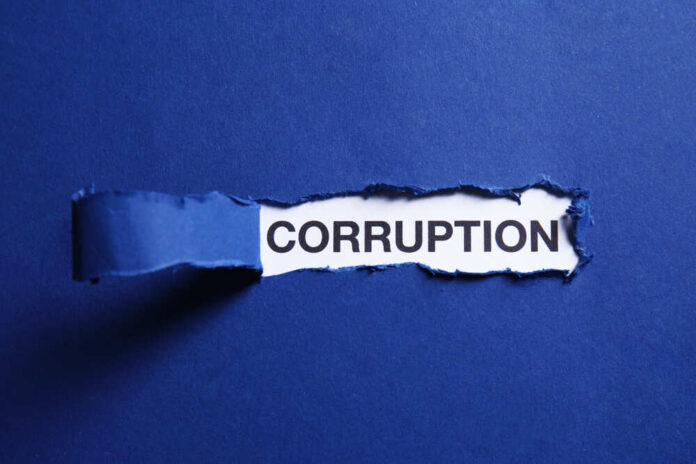
Facebook, the biggest social media platform globally, is currently under fire for purportedly censoring factual information. The latest allegation involves Pulitzer Prize-winning journalist Seymour Hersh’s article titled “Trading With the Enemy,” where he accuses the Ukrainian President, Volodymyr Zelensky, of embezzlement. The article claims that Zelensky’s government purchased diesel fuel from Russia, a country that Ukraine is at war with, using taxpayers’ funds from the US and illegally pocketing millions of dollars in the process.
The Controversy of “Fact-Checking” Facebook users who attempt to share Hersh’s article receive a warning label claiming that the content contains “false information” and has been “checked by independent fact-checkers.” However, the fact-checker in question is not independent at all. It is a pro-Ukraine group that is “partly funded by Foreign Offices of two NATO countries.”
The establishment is using partisan “fact checkers” to suppress journalism. https://t.co/3bJMI83YlE
— Ian Miles Cheong (@stillgray) April 21, 2023
The fact-checker alleges that both the White House and the Pentagon deny the allegations made in Hersh’s article. Consequently, the article’s visibility is reduced, and it cannot reach a wider audience.
The Weaponization of Fact-Checking. Facebook has faced previous allegations of censoring accurate information using the weaponization of the “fact-checker industrial complex.” Fact-checking organizations often pose as neutral and non-partisan actors but are frequently front groups for larger media corporations, NGOs, or governments.
“The establishment is using partisan ‘fact checkers’ to suppress journalism,” said Ian Miles Cheong.
Another Hersh Story Censored by Facebook. This incident is not the first time Facebook has censored a story by Seymour Hersh. The platform recently suppressed another of his articles that touched on US involvement in the destruction of Russia’s Nord Stream pipelines. Facebook used a fact-checker with links to the Norwegian government, raising serious concerns about a conflict of interest.
Implications for Free Speech. These incidents raise significant concerns about free speech and the role of social media in shaping public opinion. By censoring accurate information and using biased fact-checkers, social media platforms like Facebook can limit access to critical information and stifle debate. This kind of censorship is particularly worrying in situations where the governments and organizations behind the fact-checkers have an interest in suppressing certain narratives.














